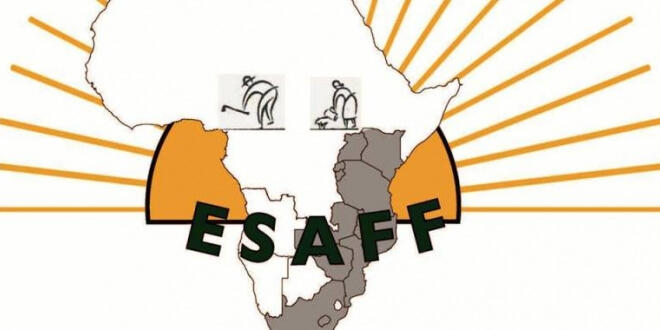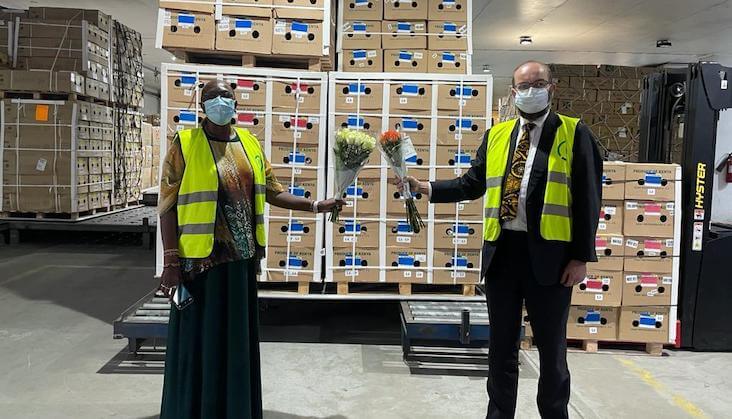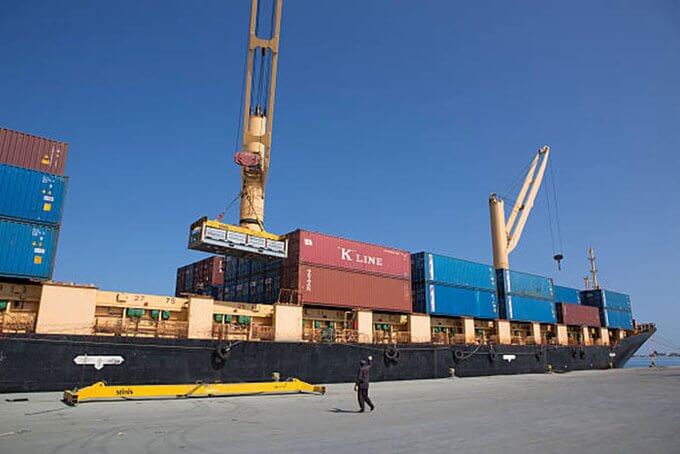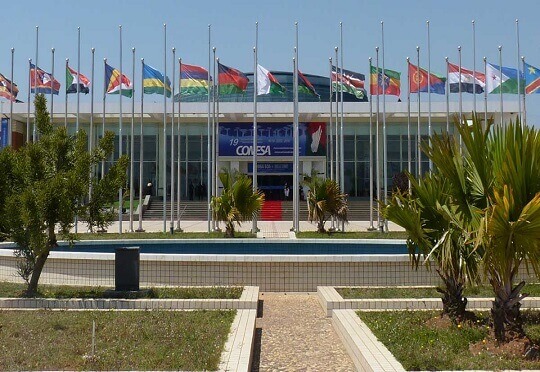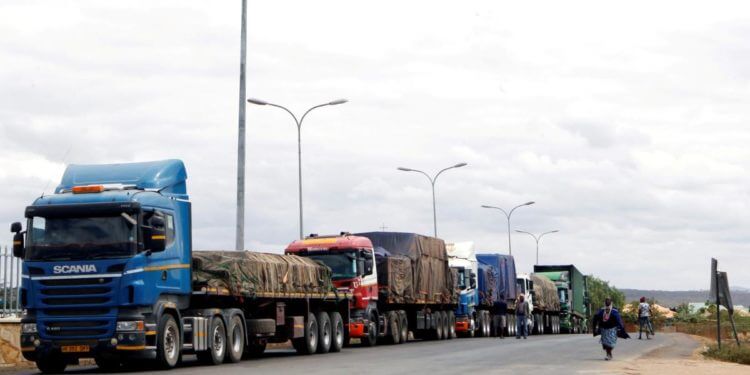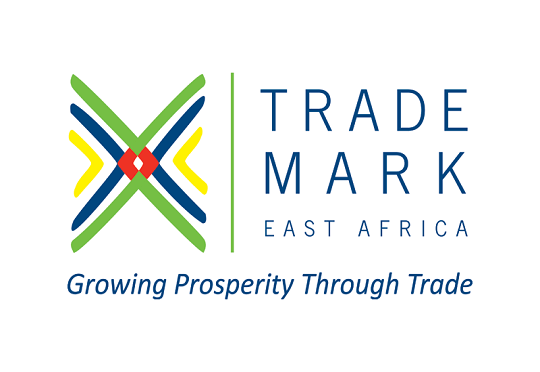THE Eastern and Southern Africa small-scale Farmers Forum (ESAFF) convened a meeting recently which brought together stakeholders from the private sector and government to discuss the Southern African Development Community (SADC) vision 2050 and the Regional Indicative Strategic Development Plan (RISDP) 2020–2030. Participants to the conference which was themed: “Tanzania Awareness National Dialogue on the new SADC Vision 2050 and RISDP 2020-2030” came up with a number of policy recommendations geared to ensure successful implementation of the agreed development plans. The virtual meeting was supported by Southern Africa Trust (SAT) and German Corporation for International Cooperation (GIZ). They suggested for SADC member states to speed up ratification and domestication of all SADC protocols and programmes at the national level including the SADC Development Fund and SADC Agriculture Development Funds. Stakeholders also advised the government through the Ministry of Foreign Affairs and East African Cooperation to fast track the formation of the Tanzania SADC National Committee (SNC) as well as ensure fully participation of Non-State Actors (NSA) including the private sector, civil society organizations, farmer organizations and the media in the national and regional development agenda. On the RISDP 2020-2030, they suggested that SADC member states including Tanzania recognize and domesticate the United Nations Decade of Family Farming (UNDFF) 2019-2028 which aims to shed new light on the important role family farmers play in eradicating hunger. Governments to increase joint trading by ensuring every member state identifies products of its comparative advantage to trade within the block. The stakeholders pushed for...
Forum urges ratification of SADCprotocols to develop agriculturesector
Posted on: March 29, 2021
Posted on: March 29, 2021

